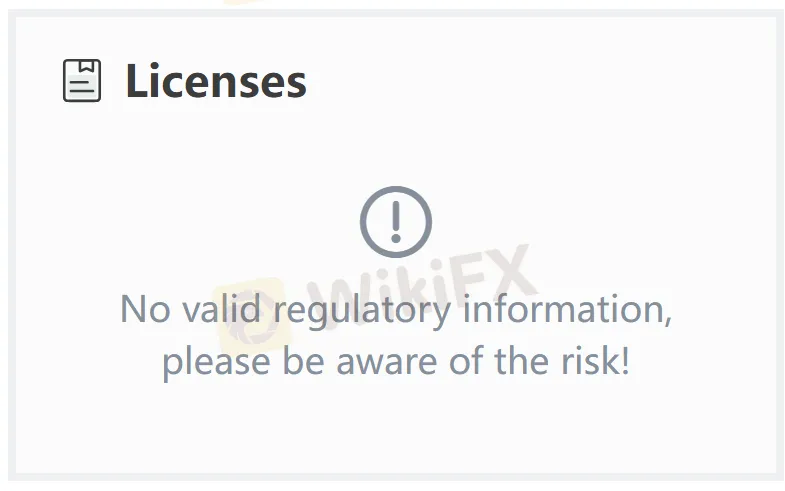简体中文
繁體中文
English
Pусский
日本語
ภาษาไทย
Tiếng Việt
Bahasa Indonesia
Español
हिन्दी
Filippiiniläinen
Français
Deutsch
Português
Türkçe
한국어
العربية
FXPesa Regulation and Legit Status Review
Abstract:Is FXPesa regulated or a scam broker? This page investigates FXPesa's licensing status and safety practices to help you assess its legitimacy.
Is FXPesa Regulated and Safe to Trade with?
FXPesa currently does not hold any valid regulatory license from recognized global financial authorities. While it previously claimed local licensing in Kenya, our latest verification shows no valid or active regulatory information is available at this time. This lack of transparency raises potential safety concerns, especially for users expecting investor protections under formal oversight. Traders should proceed with caution and be aware of the risks of using unregulated brokers, including limited fund protection and lack of legal recourse.
What Questions Do Traders Commonly Ask about FXPesa's Regulation?
Is FXPesa a regulated broker?
No. FXPesa does not currently present any verifiable regulatory license.
Is FXPesa safe to trade with?
Without valid regulation, trading with FXPesa poses increased risk.
Can FXPesa operate legally in my country?
This depends on local financial laws. However, most countries restrict or warn against unregulated brokers.
Does FXPesa offer investor protection?
No formal investor compensation scheme or regulatory-backed protection is disclosed.
Has FXPesa ever been licensed before?
FXPesa previously stated local regulation in Kenya, but its current status lacks official confirmation.
Should I trust FXPesa with large deposits?
High caution is advised. Unregulated brokers present a greater risk of fund mismanagement.
How Is FXPesa Regulated and What Does This Mean for You?
⚠️ FXPesa is currently unregulated, which significantly increases risk exposure for retail traders. Always verify licensing through official financial authority databases.

Disclaimer:
The views in this article only represent the author's personal views, and do not constitute investment advice on this platform. This platform does not guarantee the accuracy, completeness and timeliness of the information in the article, and will not be liable for any loss caused by the use of or reliance on the information in the article.
WikiFX Broker
Latest News
D. Boral Capital agrees to a fine as a settlement with FINRA
Beware of Fake RS Finance: How to Spot Scams
Fortune Wave Solution: SEC Warns of Investment Scam
Is TD Ameritrade Safe? How to Spot Fake URLs and Stay Protected
Engineer Loses RM230,000 in “Elite Group” Investment Scam
Is Learning Forex Trading Online a Good Idea? Pros and Cons Explained
TradexMarkets: 5 Troubling Signs You Shouldn’t Ignore
A Guide to Buy Stop vs Buy Limit in Forex Trading
SEC Implements New Rules for Crypto-Asset Service Providers
Investment Scam Alert: FCA Identifies 15 Scam Brokers
Currency Calculator


